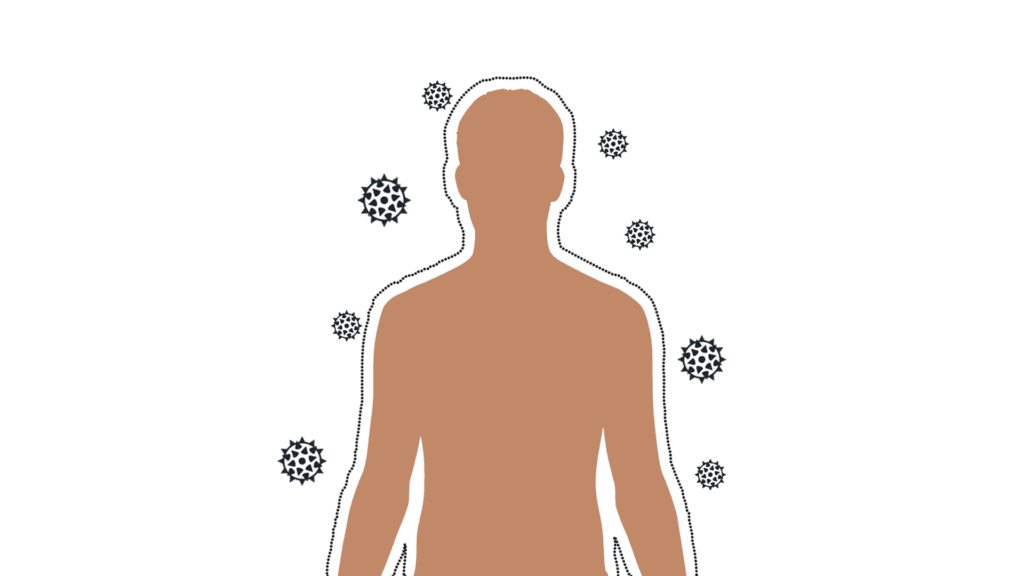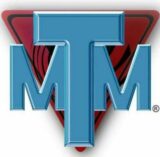
The immune system is a remarkable network of specialized cells and proteins designed to safeguard our bodies against harmful invaders, such as bacteria, viruses, and other pathogens. One essential component of this defense system is humoral immunity. This article delves into the intricacies of humoral immunity, exploring its significance, mechanisms, and importance in protecting our health.
What is Humoral Immunity?
Humoral immunity, also known as antibody-mediated immunity, is a crucial arm of the adaptive immune response. It primarily deals with defending against extracellular pathogens and toxins, such as those found in the bloodstream, tissues, and body fluids. This immune response is orchestrated by B-lymphocytes, a type of white blood cell responsible for producing specialized proteins called antibodies.
The Role of Antibodies:
Antibodies, also known as immunoglobulins, are Y-shaped proteins produced by B-lymphocytes in response to the presence of foreign substances (antigens) in the body. Each antibody is tailored to recognize a specific antigen and bind to it with remarkable precision, effectively neutralizing or marking the invader for destruction by other immune cells.
Antibody Production:
When a pathogen enters the body for the first time, the immune system must mount a response to eliminate it. B-lymphocytes encounter the pathogen’s antigens and undergo a process called activation and clonal expansion. During this process, B-lymphocytes differentiate into plasma cells, which are antibody factories, and memory B-cells, which “remember” the pathogen for future encounters. This ensures a quicker and more potent immune response upon re-exposure to the same pathogen.
Immunization and Vaccination:
The concept of immunization relies on the principle of humoral immunity. Vaccines contain weakened or inactivated forms of pathogens or their specific antigens. When administered, they trigger the production of antibodies without causing the actual disease. This prepares the immune system to respond rapidly and effectively if the individual encounters the actual pathogen later in life.
Immunoglobulin Classes:
There are five primary classes of immunoglobulins, each with unique functions. These include:
a. IgM: The first antibody produced during an infection. It helps activate other components of the immune system and is crucial for clearing pathogens from the bloodstream.
b. IgG: The most abundant antibody in the blood and tissues. It provides long-lasting protection and is the major player in the secondary immune response.
c. IgA: Found in body fluids like saliva, tears, and breast milk, it provides localized protection on mucosal surfaces, preventing pathogen entry through these routes.
d. IgE: Involved in allergic reactions and defense against parasitic infections.
e. IgD: Its precise function is not entirely understood, but it likely plays a role in immune regulation.
Humoral Immunity and Disease:
A well-functioning humoral immune response is vital for maintaining overall health. Deficiencies in humoral immunity can lead to an increased susceptibility to recurrent infections, particularly those caused by encapsulated bacteria, like Streptococcus pneumoniae and Haemophilus influenzae.
Conversely, excessive activation of the humoral immune response can lead to autoimmune disorders, where the immune system mistakenly attacks the body’s own tissues.
Humoral immunity serves as a robust defense mechanism, safeguarding us from numerous infections and diseases throughout our lives. By understanding its mechanisms and significance, researchers and healthcare professionals can develop better strategies for vaccination and treatment, ultimately contributing to improved global health. As we continue to unravel the complexities of the immune system, humoral immunity remains a critical component in the ongoing battle between our bodies and the pathogens that seek to harm us.
